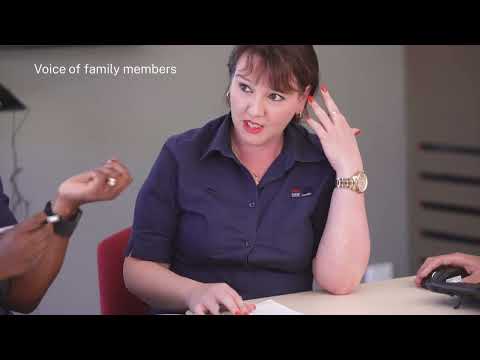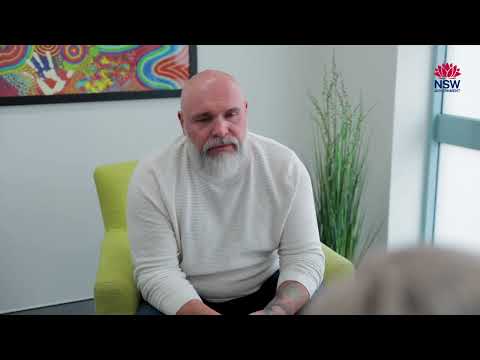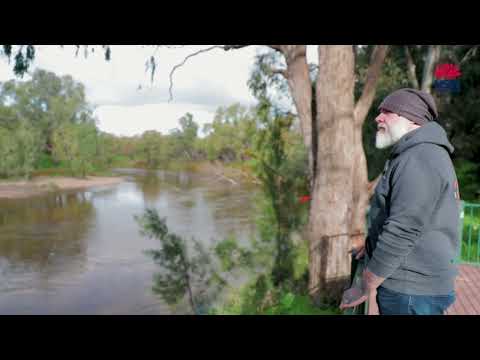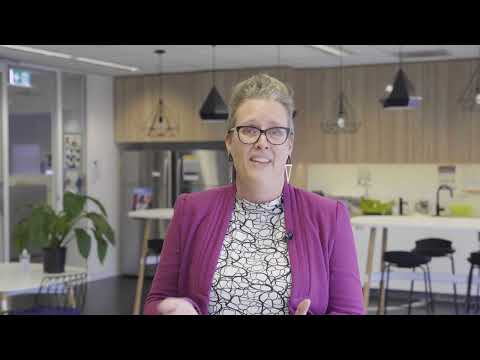How we work together
Justice Health NSW staff aim to include families and carers in assessment, treatment and discharge planning processes. Together, we can make sure that your loved one receives the best care and support that's right for their individual situation.
Here is an important guide for families and friends (PDF 10.98MB) to get valuable information and support during this time.
Remember, it is crucial to be patient, compassionate, and supportive throughout the entire process. By staying informed and seeking support, you can better navigate the criminal justice system and maintain a strong connection with your loved one.
We encourage families and carers to be aware of their rights and responsibilities.
We hold strong partnerships with five specialist community managed organisations as part of the NSW Family & Carer Program, funded by the NSW Ministry of Health.
- STRIDE (formerly Aftercare)
- CatholicCare Wilcannia-Forbes
- Mission Australia
- One Door Mental Health (formerly Carer Assist)
- Uniting (formerly Parramatta Mission)
For further information and contact details about the program, visit NSW Family and Carer Mental Health Services and Support.
If you’re caring for someone experiencing mental illness
If the person you care for is living with mental illness, it can be a confusing and frustrating time. There are people you can talk to that can help you navigate the criminal justice and forensic mental health systems.
You may have a lot of questions about the type of care being provided, how you can visit or get involved in their recovery.
You can speak with a Justice Health NSW staff member by calling the Mental Health Helpline available 24 hours: 1800 222 472.
The Mental Health Helpline of Justice Health NSW does not operate in respect of patients held at privately operated correctional facilities, including Parklea and Clarence Correctional Centres.

Mental Health Helpline
If you're caring for someone in custody
If you want to speak to a Justice Health NSW staff member about the health of someone in custody that you are caring for, please contact our main switch on (02) 9700 3000. Your call will then be directed to the relevant centre where you can request to speak to a member of the individual's care team.
For other facilities
Justice Health NSW does not provide health services in the following correctional centres. Enquiries or concerns about individuals at the below facilities should be directed to the facility operators:
- Parklea Correctional Centre (run by MTC/Broadspectrum) - contact (02) 9678 4888 or OfficialEnquiries.Parklea@mtcbroadspectrum.com
- Junee Correctional Centre (run by GEO group) - contact (02) 6924 3222 or juneeenquiry@geogroup.com.au
- Clarence Correctional Centre (run by SERCO) - contact (02) 6643 6500 or ClarenceEnquiries@serco-ap.com
Note: The email addresses provided are directed to the security officers who manage these centres, and any health enquiries may be directed to the health staff at their discretion.
If you’re caring for someone at the Forensic Hospital
Many forensic patients spend time in custody before transferring to the Forensic Hospital. Once admitted, their recovery and rehabilitation can commence with a view to improving wellbeing and safety.
The recovery journey in the Forensic Hospital can be a lengthy one for some. Your loved one’s team work therapeutically to address mental health needs and behaviours that contributed to them becoming involved in the forensic mental health system.
We acknowledge that admission to the Forensic Hospital often follows a harrowing time for patients, carers and family, some of whom are themselves victims. We hope these videos are informative and offer reassurance about what patients might experience while they are in our care at the Forensic Hospital.
If the person you care for is in the Forensic Hospital, you can contact our main switch on (02) 9700 3000 and request to speak to a member of their care team. Your call will be directed to the most appropriate unit.
Supporting Mob in custody

Custody can be a vulnerable and tough time for people. Our Supporting Mob in Custody video series is aimed at families and carers who have a loved one in custody and want to know how they can support their mental health and wellbeing.
Dean Bayliss of Healing Works Australia gives tips for Mob on suicide prevention, including what to look for and listen for, how to start a conversation and what to do and who to contact if you're concerned.
Dean also encourages Mob to get help if they're struggling with their loved one being in custody.
Resources
13YARN – a crisis response service that are available 24/7 for mob who need to talk to an Aboriginal or Torres Strait Islander Crisis Supporter when they are going through a tough time. Call 13 92 76.
Thirrili – an Aboriginal Community Controlled Organisation that can provide support for mob affected by suicide or other trauma. Call 1800 805 801.
Clinical Risk Assessment Management 4 Carers
The NSW Community Forensic Mental Health Service launched the Clinical Risk Assessment and Management (CRAM) 4 Carers training program.
The program is the first of its kind to be offered in Australia. It includes a workshop that has been co-designed and co-facilitated by Justice Health NSW clinicians and carers of people with a lived experience of mental health issues and contact with the criminal justice system.
The CRAM training program has been delivered to NSW Health clinicians from every LHD since 2008, and offering the CRAM 4 Carers program to carers and families assists them to recognise and understand risk, and communicate their concerns to mental health providers.
Contact Justice Health NSW
More options to contact us.
Contact our Families and Carers Consultant:
JHFMHN-FamilyAndCarer@health.nsw.gov.au
General health enquiries:
JHFMHN-CLO@health.nsw.gov.au
Post: PO Box 150, Matraville NSW 2036
Phone: (02) 9700 3000






